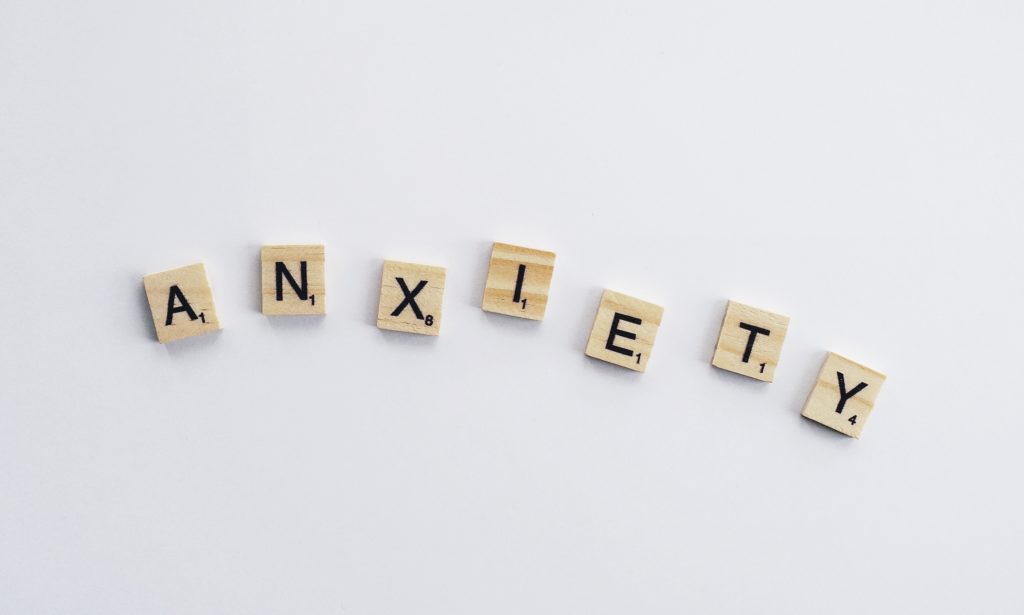Anxiety may be simply described as the feeling of uneasiness, worry, and unnecessary expectations. It is a feeling of being anxious. Several factors affect students’ academic performance, and anxiety is one of such. Low self-esteem and a student’s inability to learn and mingle are the major effects of anxiety, and this affects their overall academic performance. Let’s know of Anxiety And Its Effects On Students’ Academic Performance.

Anxiety is simply a state of excessive worry. It deeply affects the mental state of a human being. Its effects on the mind usually come with devastating consequences if left untreated.
The signs of anxiety are usually manifested in different forms. Students caught in the web of anxiety display these signs;
- Uneasiness;
- Fear;
- Panic;
- Tiredness;
- Inability to sleep;
- Unnecessary worry.
Possible causes of anxiety include;
- Intake of hard drugs;
- Alcohol usage;
- Underlying medical condition;
- Genetic makeup;
- Mental disorder;
- Trauma (physical or emotional trauma) ;
- Stress (academic or financial stress)
Anxiety affects students’ performance in so many ways, among which are;
- Students’ inability to assimilate;
- Distraction and disconnection from their academic and social environment;
- Low self-esteem;
- Disinterestedness in academics (anxiety can cause a student not to study, focus, carry out take-home assignments, or participate in class activities or tests);
- Divided attention;
- Laziness;
- Encourages underachievement.
The above-listed effects of anxiety can, in the long run, affect the overall academic and learning performance of the students. When the academic performance of a student becomes shaky, anxiety may have a role to play. It is important that aside from the general academic performance of students, teachers or tutors should conduct routine IQ assessments to ascertain and monitor their alertness towards their academics. Also, students affected by anxiety can get help when they speak out, and confide in someone about their troubles.
Meaning of Anxiety
When a student acts or remains passive out of fear, worry, tension, restlessness, or panic, it can be said that such a student is anxious.
What is Anxiety?
Anxiety, therefore, is a condition of the mind characterised by continuing fears, and worries about everyday situations. Anxiety and depression go hand in hand, and both share similar symptoms.
Can anxiety lead to Depression?
It is important to note that anxiety is not depression but can lead to depression if left untreated.
Causes of Anxiety
Anxiety can be caused by several factors some of which are;
- Stress;
- Drug addiction;
- Genetic make-up;
- Underlying health conditions;
- Trauma;
- Side effects of medication;
- Withdrawal from drug use, to mention a few.
What are the likely health conditions that may lead to Anxiety?
The likely health conditions are;
- Liver dysfunction;
- Kidney failure;
- Mental disorder;
- Heart dysfunction etc.
These conditions are pretty serious, can cut short a student’s life and therefore enough reason to make a student anxious.
How does Trauma cause Anxiety?
A student who has been physically or sexually abused can be traumatised and this can affect the student mental well-being thereby resulting to anxiety.
Ways to Treat Anxiety
Students who battle anxiety can seek help through the following ways;
- Therapy session with a psychologist;
- Regular exercising;
- Joining in groups;
- Group study with friends;
- Healthy eating;
- Managing stress;
- Taking medication;
- Avoid intake and use of alcohol and drugs
How can a student manage stress?
A student can manage stress by creating a study timetable, organising their schedule, and drawing up a list of daily tasks.
How can Meditation help an anxious Student?
Meditation is the act of re-evaluating and re-examining one’s action (s). It is usually done in a quiet place. Meditation helps anxious students re-examine themselves and take a deep breathe, reminds them to take things one step at a time.
Conclusion
Anxiety is one issue that must be addressed head-on. We have identified its effects in a student’s life, and also listed the ways by which it can be addressed and managed. Parents should endeavour to monitor the habits and behaviour of their wards in order to point out negative changes in them and help them seek help. Students battling anxiety should seek help from a medical personnel and speak to someone about it because anxiety can lead to worse mental health conditions if left untreated.
Frequently Asked Questions (FAQ)
Is Anxiety the only cause of Students poor Academic Performance?
No, anxiety is not the only cause of students’ poor academic performance. Other factors contribute to poor academic performance, such as;
- Bad tutoring;
- Poor parenting;
- Keeping bad company.
Is Anxiety a form of Depression?
No, anxiety is not a form of depression. However, they are closely related. They possess similar symptoms and their treatment may also be similar.
How can a Student know that (s)he is Anxious?
A student can know that (s)he is anxious when (s)he exhibits certain symptoms such as ;
- Uneasiness;
- Rapid heartbeat etc.
How can a Student handle Anxiety?
A student can handle anxiety through the following;
- Exercising;
- Seeking counselling;
- Speaking to someone about it.
